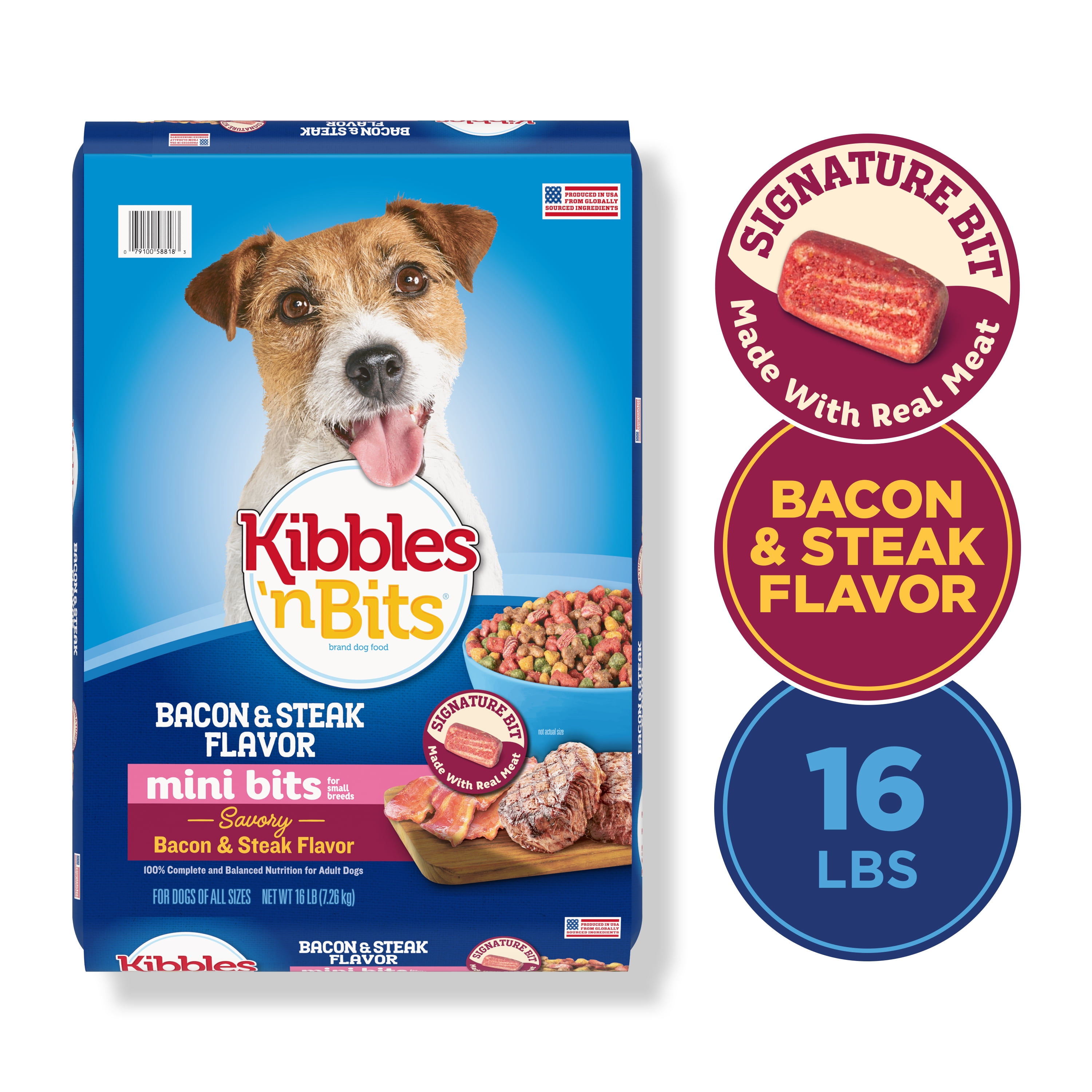

Yet the labeling for Kibbles ‘n Bits dog food shows no indication that it is tainted with pentobarbital, Schirripa says. The investigation ran over seven months and was conducted using two different labs. Schirripa says in February 2018, television station WJLA reported that an independent investigation revealed pentobarbital in Kibbles ‘n Bits dog food. Pentobarbital used to euthanize these animals allegedly survives the rendering process, Schirripa says, and it can show up in the final dog food product. “Rendered products come from a process that converts animal tissues to feed ingredients, including tissues from animals that have been euthanized, decomposed or were diseased.” “Pentobarbital is routinely used to euthanize animals, and the most likely way it could get into dog food would be in rendered animal products,” according to this Kibbles ‘n Bits class action lawsuit. The meat was allegedly sourced from animals that were euthanized using pentobarbital, she claims. Schirripa says the pentobarbital allegedly found in Kibbles ‘n Bits is present in the product’s meat ingredients. Any presence of pentobarbital in dog food makes that food adulterated, Schirripa claims. No amount of pentobarbital in dog food is small enough to be considered “safe,” according to this Kibbles ‘n Bits class action lawsuit. She claims that pets may suffer from vomiting, salivation, stool changes, decreased appetite, lethargy or depression, neurologic abnormalities, difficulty walking, and possibly even coma or death. Schirripa says ingestion of pentobarbital by a pet can cause many adverse side effects. of failing to alert consumers to the pentobarbital content in Kibbles ‘n Bits dog food. She accuses defendants Big Heart Pet Brands and The J.M. A New York woman says Kibbles ‘n Bits dog food contains dangerous pentobarbital, echoing similar claims recently filed over other dog food brands.Īccording to plaintiff Rosemarie Schirripa, a recent investigation concluded that Kibbles ‘n Bits dog food contains pentobarbital, a sedative drug that is now most frequently used to euthanize dogs and cats.


 0 kommentar(er)
0 kommentar(er)
